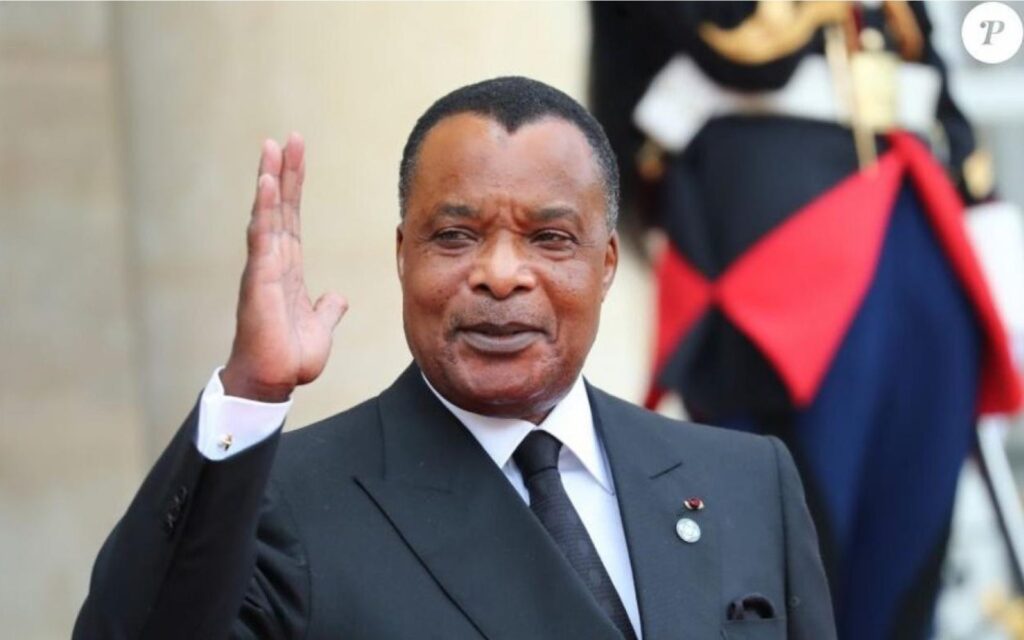
Former Nigerian president Muhammadu Buhari died Sunday in London at the age of 82 after a prolonged illness, the presidency announced.
President Bola Tinubu confirmed Buhari’s death in a statement, ordering national flags at half-staff and dispatching Vice President Kashim Shettima to accompany the body home.
Buhari first led Nigeria as a military ruler in the 1980s and later returned to power as a civilian president from 2015 to 2023.
Hailed by supporters as a strict disciplinarian who fought corruption, Buhari was also criticised for failing to curb insecurity and poverty. His tenure was marked by frequent medical absences, including a nearly three-month stay in Britain, sparking concerns about his fitness for office.
Despite public interest, the nature of Buhari’s illness remained undisclosed, though he once admitted he had “never been so ill” and needed blood transfusions.
In 2015, Buhari made history as the first opposition candidate to defeat a sitting president in Nigeria’s elections. Born in Daura, Katsina State, under British colonial rule, Buhari was seen by many in the north as a symbol of the people’s hopes. Yet his presidency struggled with persistent challenges—corruption, economic instability, and a deadly Islamist insurgency continued unabated.
In 2017, his spokesman confessed to inventing a story about rats invading Buhari’s office to deflect attention from his health issues. Cultural icons like Fela Kuti were silenced under Buhari’s earlier military rule, casting a long shadow over his democratic image.
In 2021, his government suspended Twitter after it deleted one of his posts, igniting debate on free speech and censorship.International leaders, including those from South Africa, Senegal, and Sierra Leone, expressed condolences, while Nigeria’s state TV aired Quranic verses.
Though polarising, Buhari remained one of Nigeria’s most consequential figures—both lionised and lamented in equal measure.




